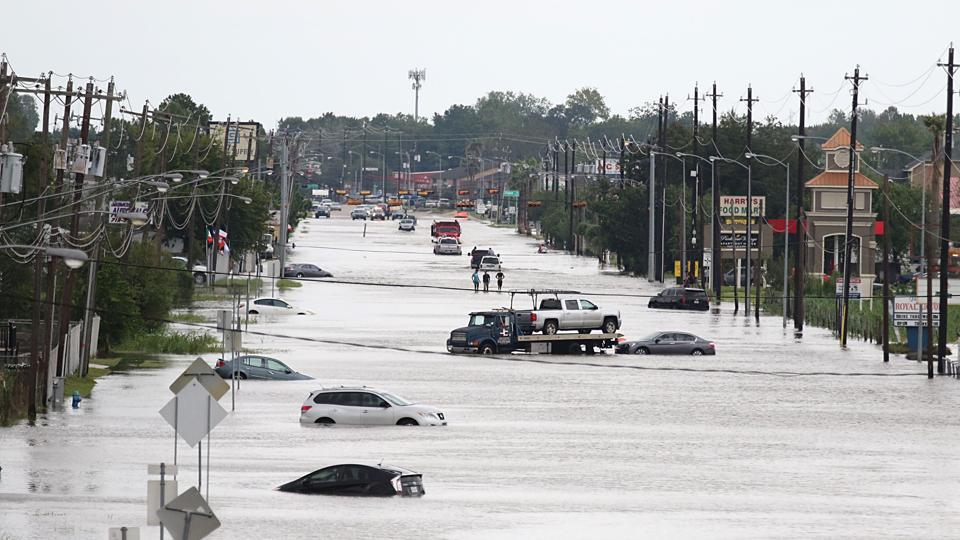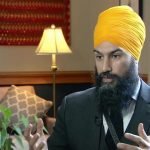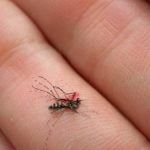
Jiten Agarwal, a Houston IT entrepreneur of Indian descent, plunged himself headlong into relief and rescue work from the first opportunity he got. Starting just hours after Hurricane Harvey made landfall last Friday, he hasn’t stopped, joining any group, and any cause, headed out into flooded areas.
Hurricane Harvey tore through southeastern Texas, causing catastrophic flooding in the last week that has claimed the lives of at least 31 people.
An Indian was among the casualties. The victim, Nikhil Bhatia, was among four Texas A&M university students rescued from rapidly rising waters of lake close to their campus where they had gone to swim. Two of Bhatia’s colleagues have joined relief work as soon as they recovered.
Some of the 200 students of the University of Houston who had found themselves marooned by chest-high water around their residential blocks on the campus on Saturday have also since joined other volunteers to help whosoever they can.
Indians and Americans of Indian decent forge a strong community in Texas; in Houston, for instance, and around university towns and cities where hundreds of teachers, their families and students live. Some of them, such as those marooned, arrived in the United States barely a month ago.
“They are extremely close to each other, they are very active as a community and they compete with each other to give and donate for a cause,” said Anupam Ray, the indefatigable Indian consul general in Houston who waded through flooded neighbourhoods to reach stranded Indians and arrange for help for them.
Ray got a call the other day from Texas A&M University. Some $9,000 was due from Shalini, the student who remained in critical condition on Wednesday, from last semester’s fee which was creating insurance problems. “No problem I told them,” he said, recalling the conversation, “it will be arranged in half a day.”
Was it? “I didn’t receive another call from the university,” he said.
Ray wrote a post on Facebook Wednesday recounting some of the work done by the community, individually and as a group. “I am proud of the Indian community in Houston,” he started. “One of the incredible things I saw during #HurricaneHarvey is how Indians stepped up to join relief efforts. This was in the best traditions of America and of India.”
“They were all about helping all Americans,” he concluded.
Agarwal, who was on that list, recalled his proudest moment was helping in the rescue of “an American family” with a five-year-old on ventilator. They needed help, the ventilator was on a dying power source, a backup cellphone battery.
Designated rescue groups, specially the Coast Guard, were inundated by calls — many of them might have been out of sheer panic — perceived danger instead of a real one.
Agarwal called them as well, but knowing how that may turn out, he also placed calls to his vast network of “people I know”.
They were people Agarwal served with on “non-profit boards” and other groups, but more importantly, “people who have boats (and) who can respond right away rather than go through the official line of coast guard, when your number is 70 or 80 (that might take) 24 hours” which could be dangerous for the child.
That family was rescued within 45 minutes.
Agarwal did not dwell on it much longer, and moved to recounting other instances of helping Indians, Indian Americans or “people of any origin”. He went on to help the stranded university students and at least 45 other Indian, or Indian-origin families, all of which he recounted in great details.
But the rescue he was proudest of, and found most touching? “The child on ventilator — when a five-year-old is on ventilator — with water seeping in and with no power supply — that, for me was the most, what do you say, heart touching”.
Agarwal has been in the United States only 12 years or so.
[“source=hindustantimes”]




